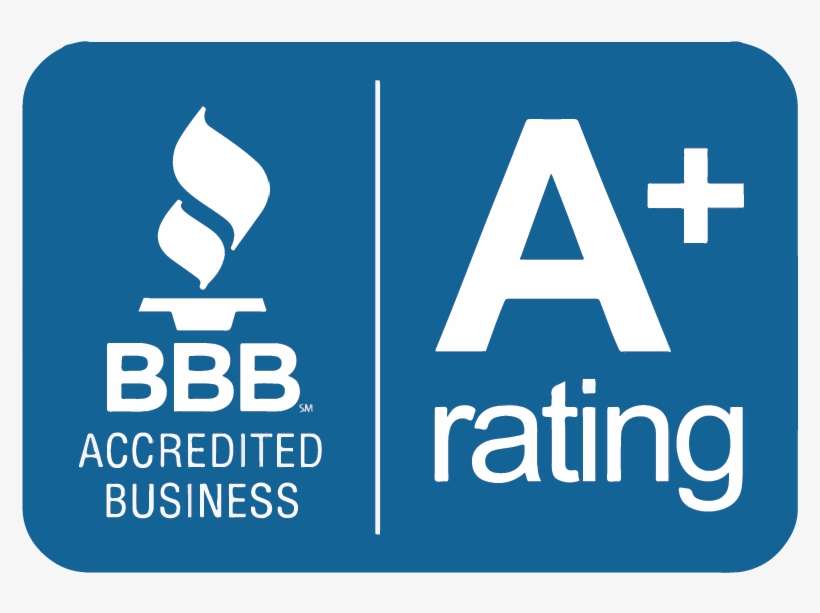Intensive Outpatient Program
(IOP) In Orange County
The struggle with mental health is real. If a person has been working hard at recovery and doing it at an residential treatment facility, there comes a time when they’re ready to step back into the world, but they still need more than a once-a-week session to maintain their mental stability and foster growth.
Fortunately, there is a level between in-patient care and weekly maintenance programs. An intensive outpatient program (IOP) in Orange County CA is the balance a person still in the recovery process can turn to and make the reentry into daily life run a little more smoothly.
What Is Outpatient Therapy?
Outpatient therapy is exactly what it sounds like. A person struggling with a mental health issue works with a therapist to overcome or control their mental health issues while living at home and maintaining their typical schedule of work and social obligations.
In some cases, the patient might need medication that needs to be monitored to ensure its effectiveness. The patient might work with the therapist during one-on-one sessions or take part in group therapy. The therapist might recommend some combination of all three.
Whatever method the patient and therapist choose, treatment programs usually only last an hour or two each week. While this approach can work with a stable patient who displays successful management of their mental health issue, it might not be enough for everyone.
It’s essential that the patient reports any issues or challenges that they face while living at home and maintaining their work and social schedule. It’s always possible that outpatient therapy might not be enough to help the patient overcome their issues.
The patient might need an in-patient environment to stabilize their issues. There is another option. If outpatient therapy and seeing a therapist once or twice a week for an hour at a time isn’t as productive as the therapist and patient hope that it would be, the therapist might recommend intensive outpatient treatment.
Understanding Outpatient Therapy and Its Scope
Outpatient therapy is an evidence-based approach where individuals, while living their daily lives at home, work with clinicians to address their mental health issues. This might involve individual therapy sessions, group therapy sessions, or a blend of both, supplemented occasionally with medication monitored for effectiveness.
But, while outpatient therapy offers weekly sessions of one or two hours, it’s not always sufficient for everyone, especially when they face challenges in home life and in balancing work and social obligations. For those needing a more intensive approach, there’s the IOP treatment.
CONTACT USThe Role of Intensive Outpatient Program (IOP) in Recovery
An IOP in Orange County caters to those who are stable but require more than just a few weekly therapy sessions. Ideal for patients transitioning from inpatient programs or those not quite ready for in-patient, IOP plays a crucial role in preventing severe challenges like self-harm or suicidal tendencies. Here, sessions are more frequent and extended, ranging from daily interactions to therapy that lasts three or four hours.
Patients in an IOP program benefit from diverse therapy modalities, ensuring the best path forward. They can simultaneously rely on their family therapy and loved ones’ support while undergoing intensive treatment. This structure supports relapse prevention, aiming to move the patient to a stable phase, handling their mental health issues more independently.
What Are the Benefits of an Intensive Outpatient Program?
When a patient struggles with mental health issues, they need to make an informed decision that there are real benefits to the therapy that they choose. Here’s a look at some of the benefits of choosing an IOP:
Remain at Home
With an IOP, the patient is able to live at home during the therapy period. This gives the patient the love and support that they need from their family and friends. It also makes it easier for a patient who needs to continue working or going to school to do these things and seek the mental health treatment that they need. During IOP treatment patients do not reside in the treatment center.
Less Expensive Than Inpatient Treatment
Depending on the patient’s insurance policy, the cost of treatment can be a real concern. An IOP is less expensive than an in-patient program.
However, it’s important to note that IOP isn’t a substitute for in-patient therapy. The patient must be stable and well enough to live at home. Individuals who do not meet the stability requirements will need a higher level of care.
Flexibility
IOP provides the patient with the flexibility that they need to work or go to school while still receiving intensive therapy for their mental health issues. In some cases, the patient and therapist can arrange the therapy sessions to fit their respective schedules.
Is IOP Better Than PHP?
Intensive outpatient programs (IOP) and partial hospitalization programs (PHP) are both forms of treatment for patients struggling with mental health and substance abuse issues. Acera Health offers both types of programs to provide structured treatment and support. There are some key differences between the two.
IOP therapy involves several hours of therapy and treatment per day, but patients can return home in the evenings. In total, a patient in IOP therapy may attend about 10-12 hours of individual or group therapy per week. PHP, on the other hand, is a more intensive level of care that typically requires patients to stay in a treatment facility for the majority of the day.
At Acera Health, we’ll treat patients through our IOP so that they can continue to live their daily lives while receiving mental health treatment. This can be beneficial for those who want to maintain their work or school schedule, or for those who want access to their at-home support systems.
Mental Health Conditions Suited for IOP
See What We’ve Done for Others
Successful trauma therapy involves a combination of tactics with an individualized approach to each patient. At Acera Health, we seek to only implement evidence-based therapy options with a proven track record.
Find Your IOP Program at Acera Health
When a person is ready to take the next step and move from in-patient therapy to a daily routine in the “real world,” an IOP gives them the support they need and helps to make the transition successful.
At Acera Health, our intensive outpatient program rehab in Orange County provides the patient with three hours each day of intensive therapy to ease the transition and ensure success.We work with our patients to develop a comprehensive treatment plan. It is our aim to provide patients with all of the tools they need to be successful in their recovery.
Reach out to us today to learn more about our IOP and our other treatment options.







